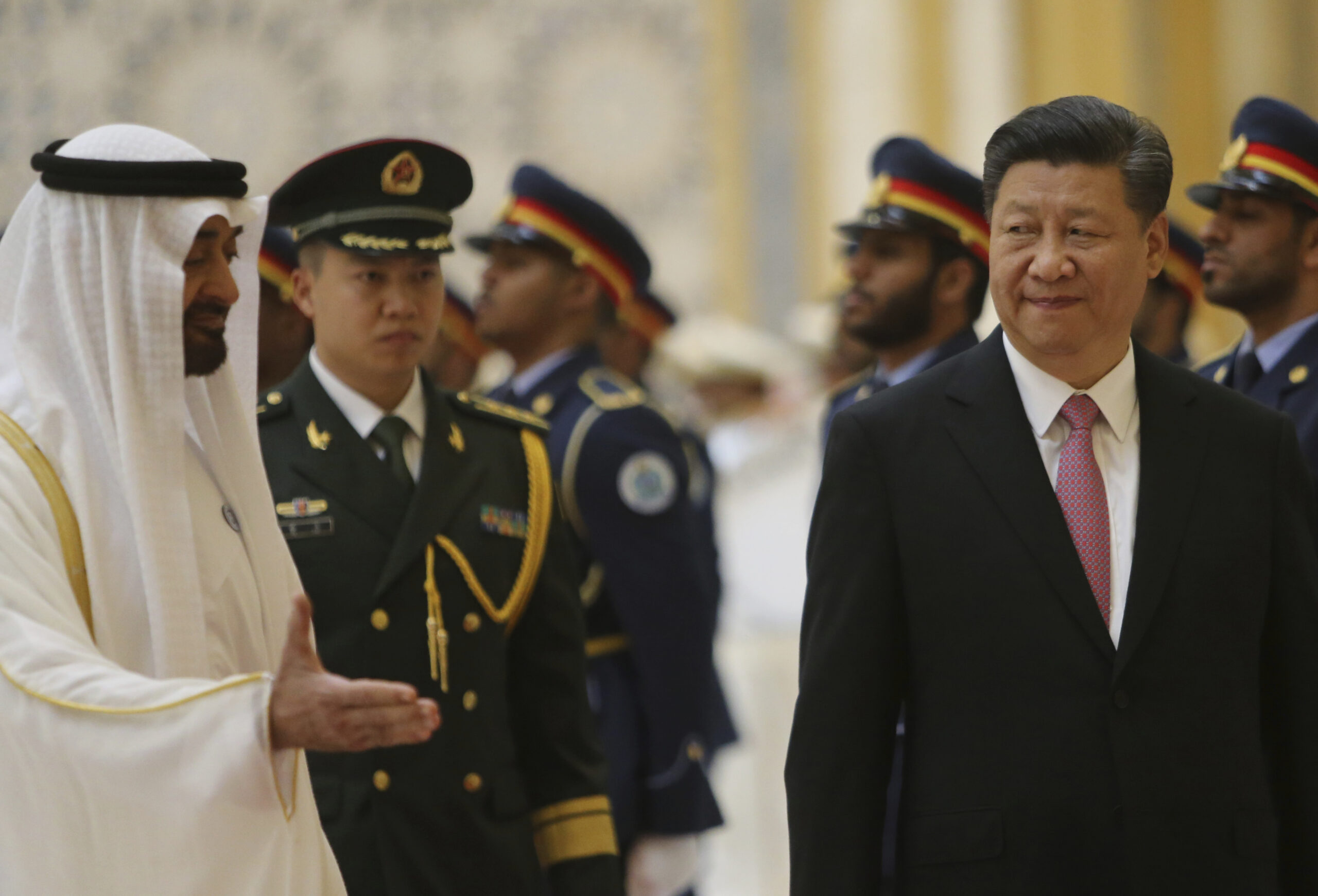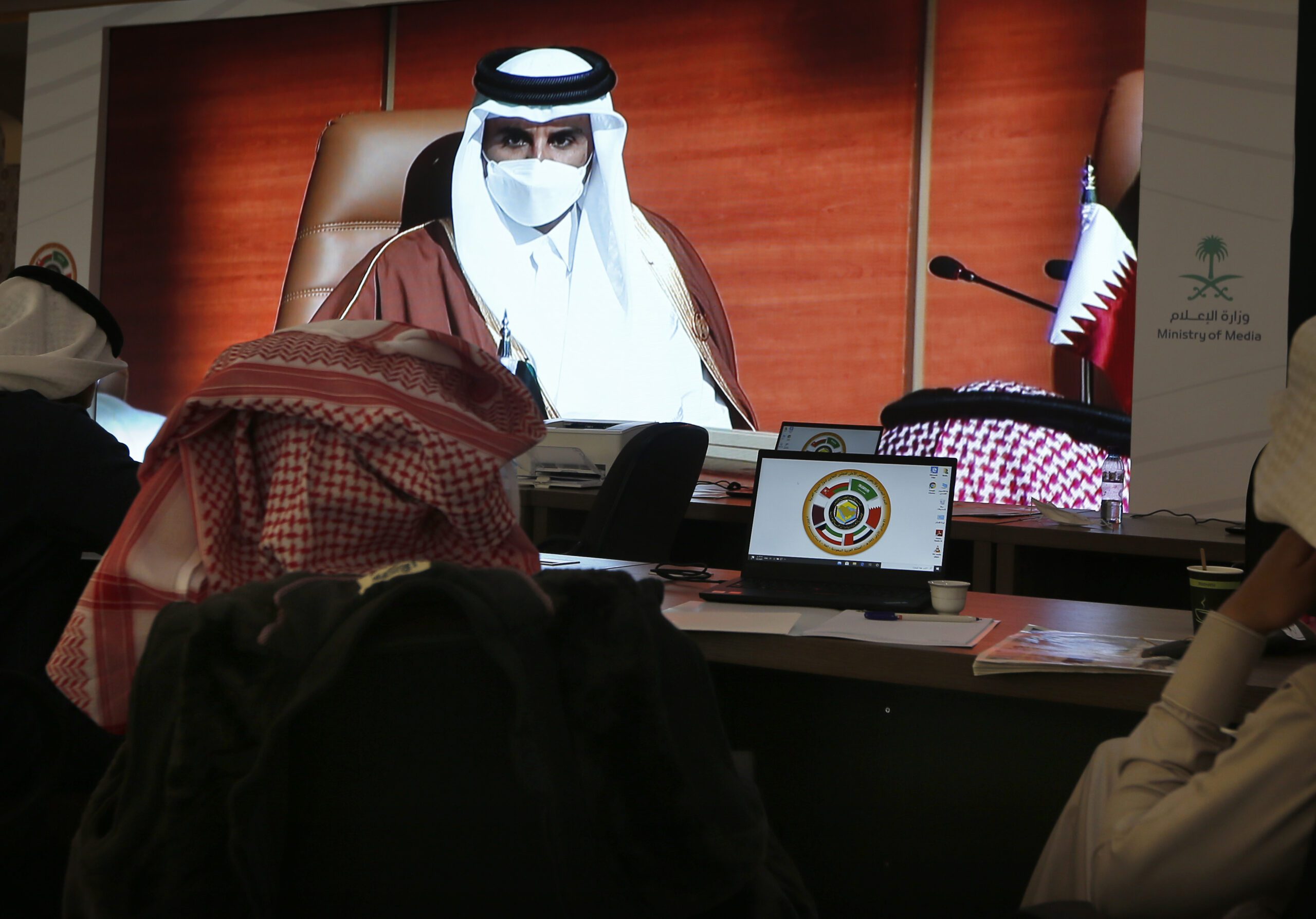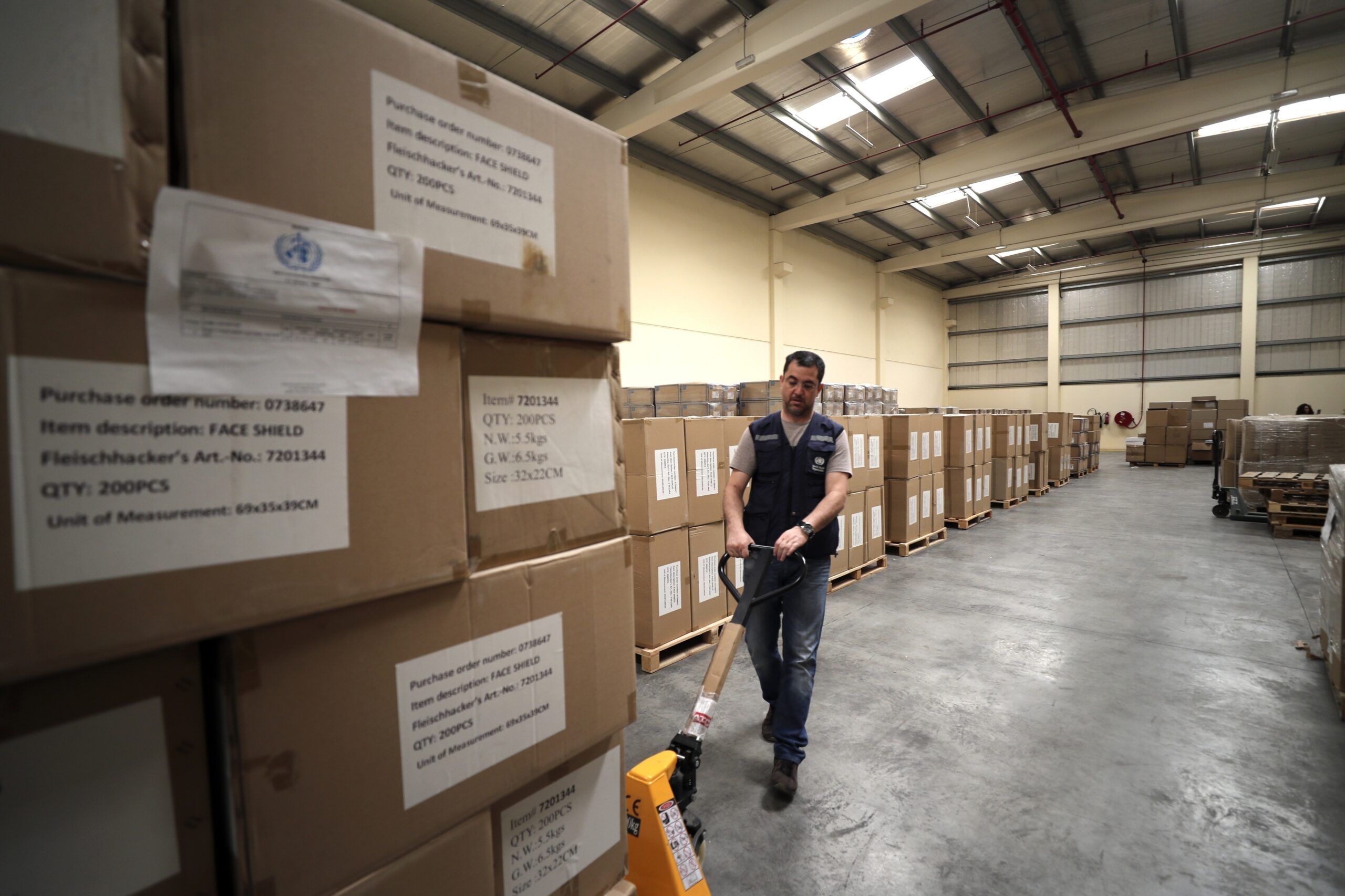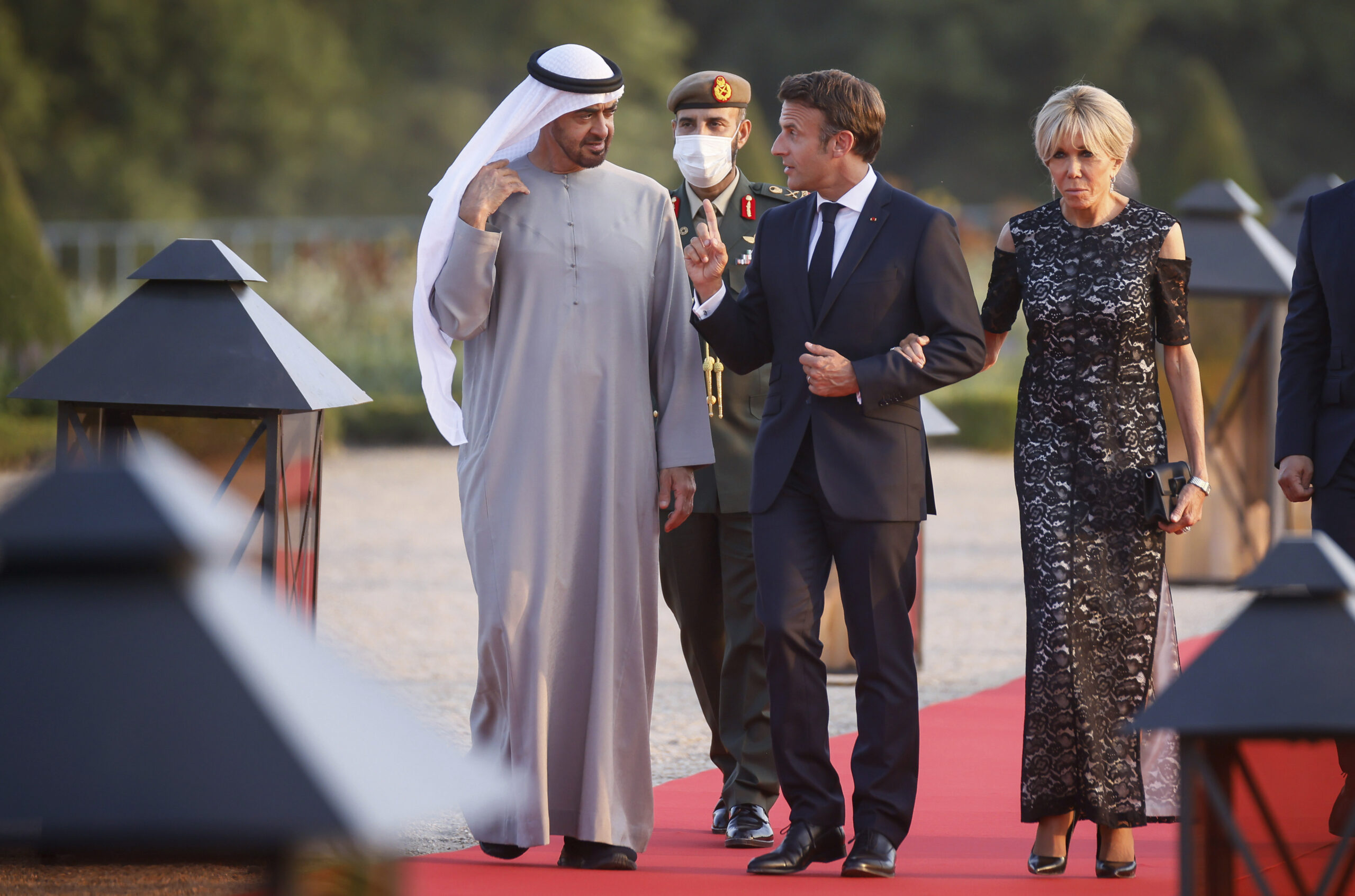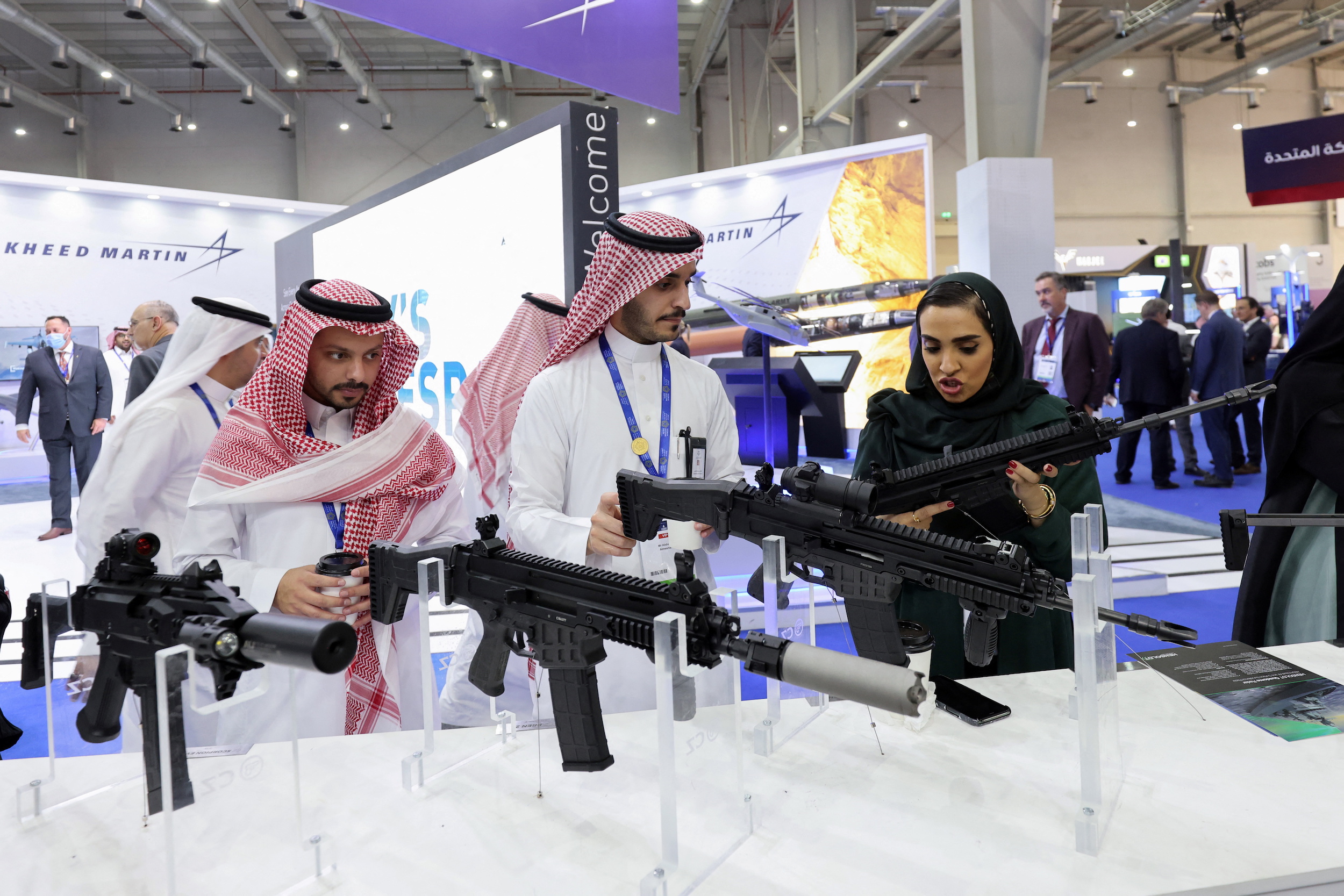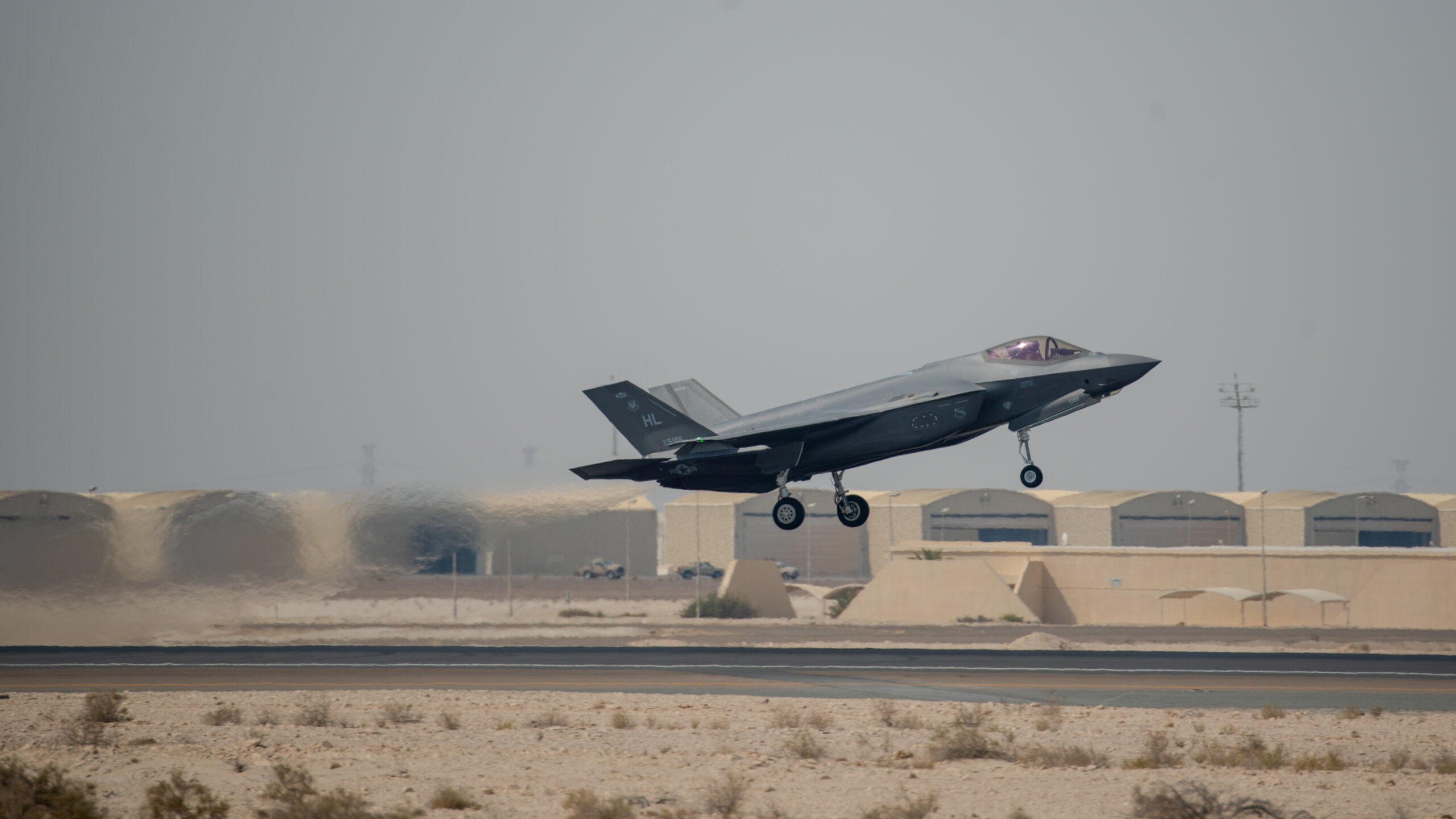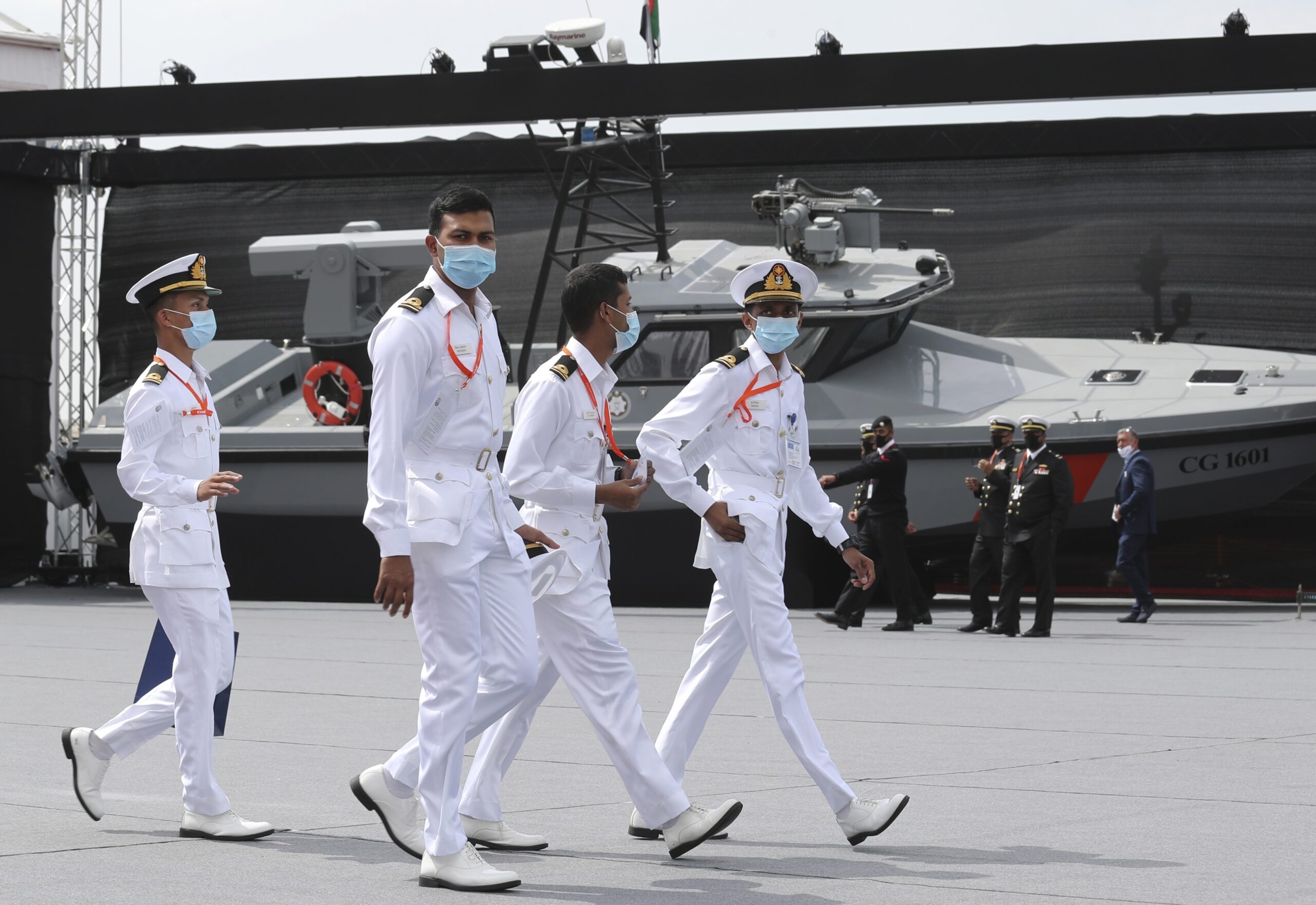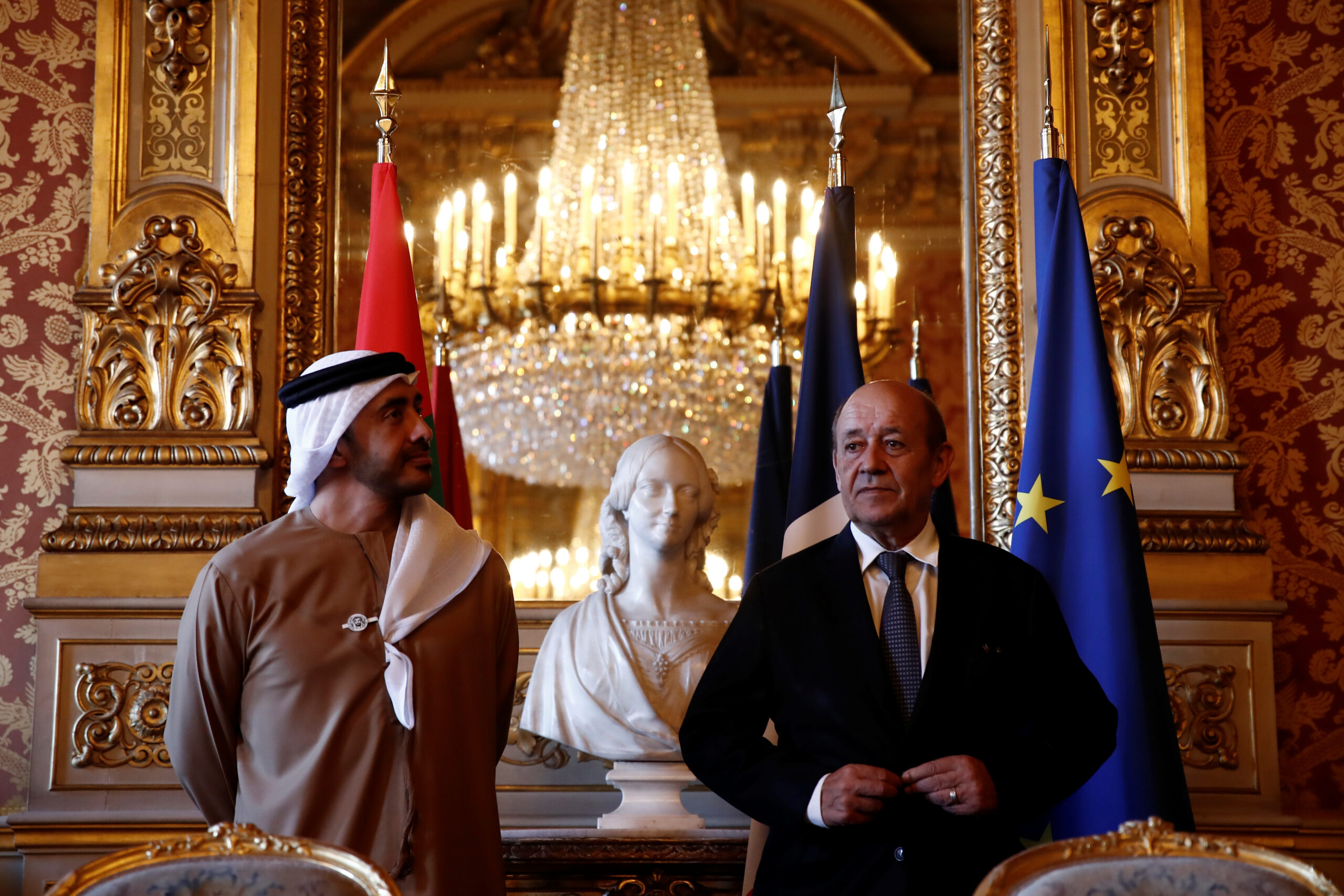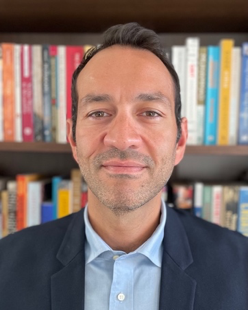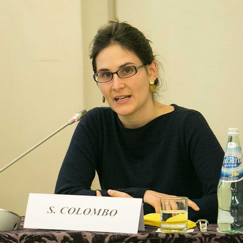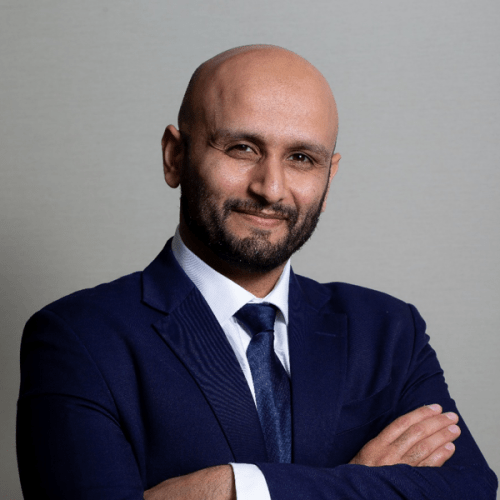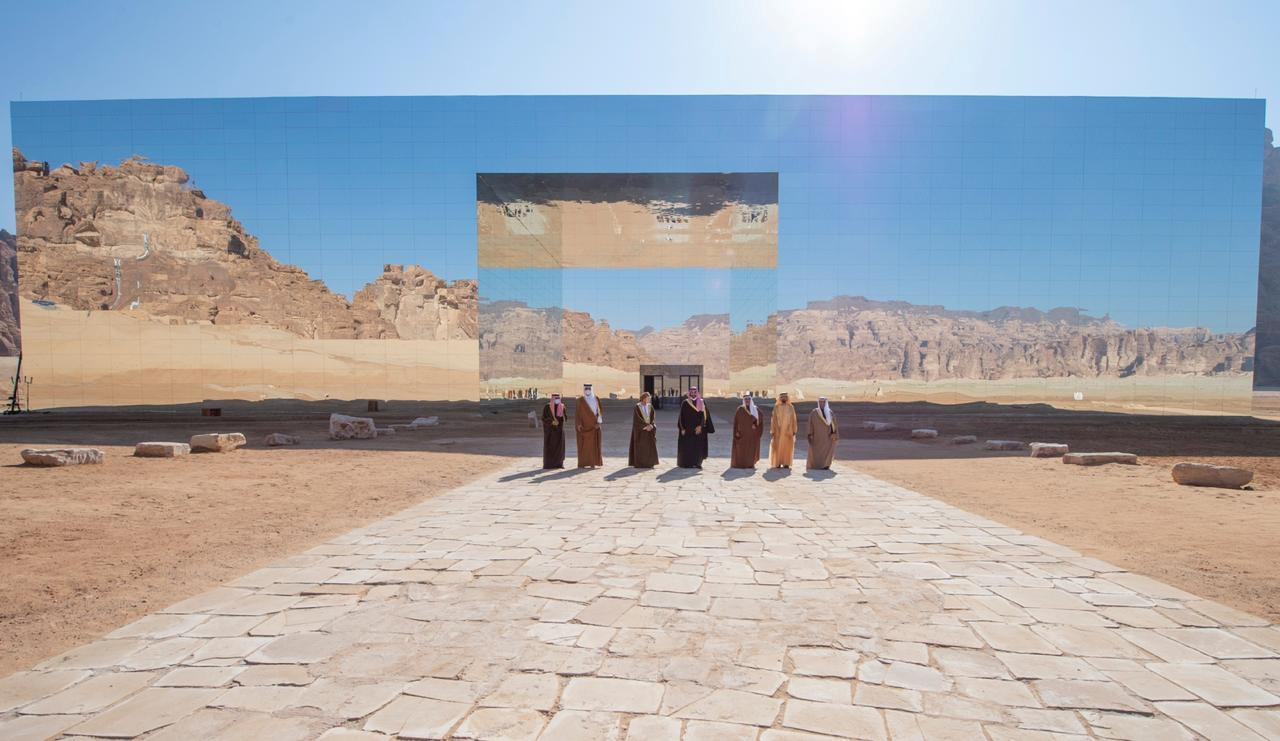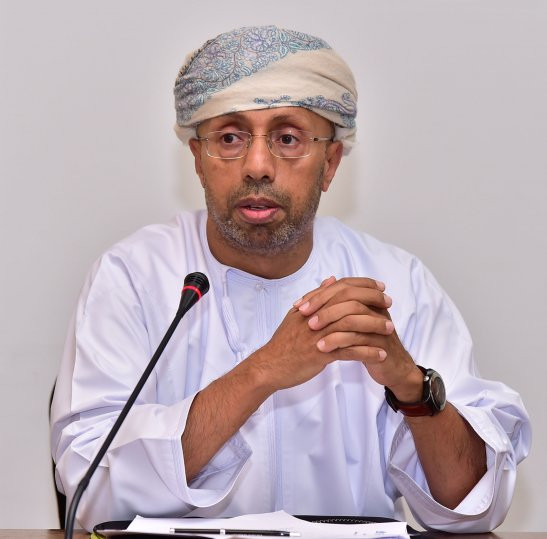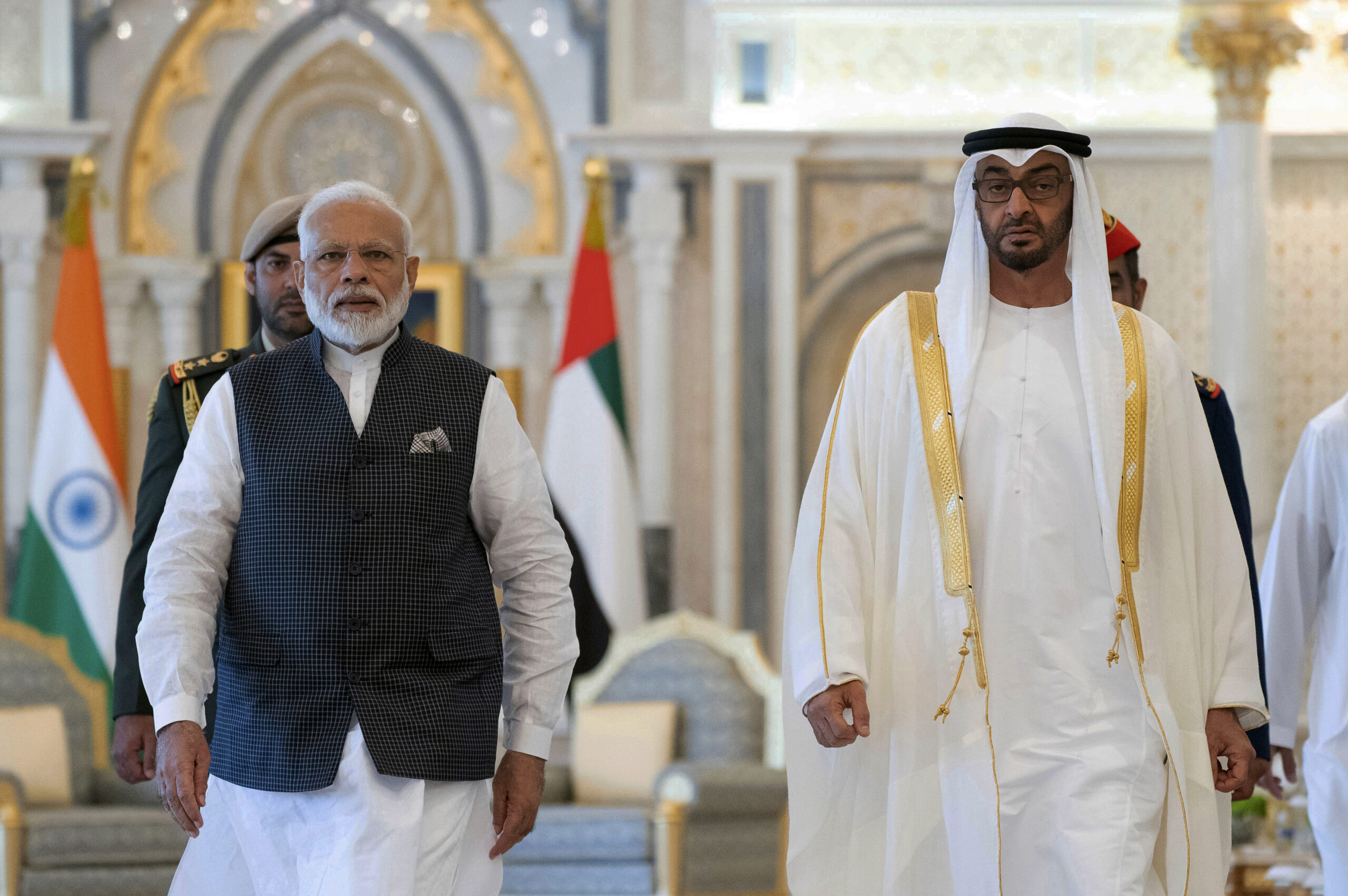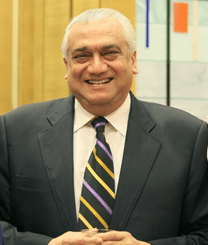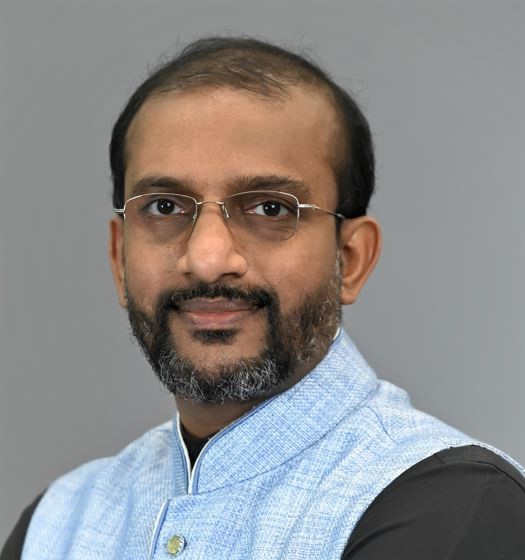The Gulf Cooperation Council at 40: Finally Ripe for a Regional Security System?
The signing of the Al Ula agreement ending the GCC crisis may finally allow the Gulf countries to establish a regional security system, an endeavor that has been decades in the making.
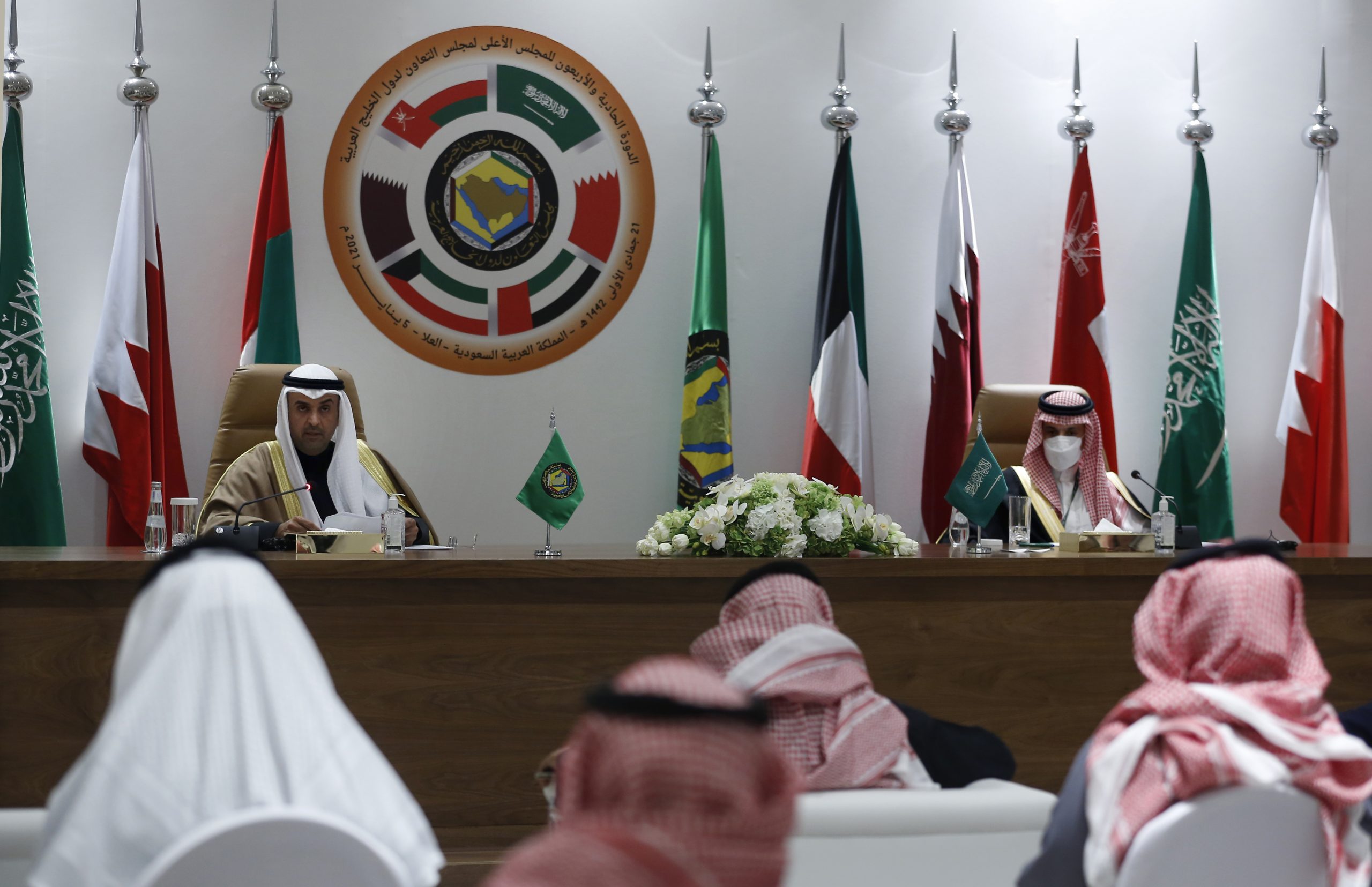
A couple of months ago, the Gulf Cooperation Council was in such shambles that it didn’t seem like its 40th anniversary would give it much to celebrate. The boycott of Qatar by fellow members Saudi Arabia, the United Arab Emirates, and Bahrain had extended well over three years. Around the first anniversary of the crisis, Kristian Coates Ulrichsen deemed the inability of the GCC to prevent the eruption of such a crisis among its members as a clear institutional failure (one among many, he argued). A year later, Imad K. Harb wrote that the boycott of Qatar had “killed” the regional entity.
However, following the January signing of the Al Ula agreement ending the boycott, the GCC might prove once again that it is a phoenix constantly rising from its ashes. The rapprochement has come amid a necessary shift in threat prioritization to a more human-based approach made evident by the coronavirus pandemic and as the new U.S. administration is adopting a more inclusive approach to the Gulf region. In this context, the Gulf countries might finally be more open to establishing a regional security system that works – an endeavor that has been decades in the making, indeed almost since the establishment of the GCC itself.
The GCC was created in 1981 to counterbalance perceived threats coming from Iraq and Iran; however, it never became a true regional security system. Despite original plans for military cooperation, including the establishment of a Military Committee, which first met in September 1981, and the creation of the Peninsula Shield joint strike force in 1984, there was little progress in the GCC’s collective defense capabilities in the 1980s. In 1990-91, Iraq’s invasion of Kuwait confirmed that regional protection would have to come from external partners rather than from the GCC members – hindering the prospect of regional security integration.
The regional entity nonetheless survived, and the GCC launched initiatives to integrate segments of its members’ defense systems but without much success. In 2001, then-Crown Prince Abdullah bin Abdulaziz in Saudi Arabia famously slammed the GCC for such slow progress: “We have not yet set up a unified military force that deters enemies and supports friends.” This largely stemmed from diverging threat perceptions among the GCC’s members, particularly when it came to the countries on the other side of the Gulf (Iran mostly, but also Iraq).
At the end of the 1990s, it was already clear that the GCC states had not formed a security community. Michael Barnett and F. Gregory Gause III assessed that the trajectory of the regional entity was instead more consistent with alliance formation: “formed in response to specific security threats, enduring as those threats endure, and fraying as those threats recede.” This was confirmed in 2011, when the perceived threat of the Arab Spring uprisings on Gulf regime stability pushed GCC members to regroup under the mentality that “united we stand (divided we fall),” which was particularly illustrated with the GCC’s multibillion-dollar aid packages to Bahrain and Oman, only to let the idea of a Gulf union subside as soon as the immediate risk was alleviated.
According to Mehran Kamrava, one of the most important changes brought about by the Arab uprisings had been the “reassertion of Saudi leadership within the GCC when upstarts Qatar and the UAE had consistently challenged Saudi preeminence within the Arabian Peninsula.” Not only did the three Gulf countries go back to defending their specific interests and strategic visions for the broader Middle East and North Africa but, amid the deficit of traditional power (because of unrest in Egypt and Syria) that opened new opportunities to assert themselves, they began to work more at cross purposes.
Events in Egypt in the summer of 2013 marked a turning point in this reorganization of regional power dynamics. Following the overthrow of President Mohamed Morsi and the subsequent crackdown on dissent, Saudi Arabia and the UAE swooped in with massive aid packages to the military regime of Abdel Fatah al-Sisi to counterbalance both the financial aid provided by Qatar to the previous government and the short-lived suspension of aid to Egypt from the United States and European countries. This not only showed the ability and willingness of the Saudi and Emirati leadership to push for their regional interests without the support of their Western partners but also to try and force Qatar to follow their lead or at least to prevent it from pursuing a course of action they viewed as inimical to theirs.
The Saudi and Emirati ambition to rein in what was perceived as Qatari adventurism in the region was illustrated with the Gulf crisis starting in June 2017, the roots of which were already present in the intra-GCC rift in 2014. The regional entity’s inability to mediate among its members and prevent the eruption of such a crisis indeed led many observers to suggest that this might have been the last straw, with relations among GCC members severed beyond repair.
However, a number of events over the past few years stand out as signs that positive change may be possible, not only among GCC states but also across the two shores of the Gulf.
Over the past year, the coronavirus pandemic and the associated common challenges (that have ignored borders and geopolitical divisions) have pushed the GCC countries to find their way back to one another and seek collective solutions, illustrated by numerous GCC meetings held in 2020 with the virtual participation of all member states. Moreover, Kuwait, Qatar, and the UAE extending their hands to Iran by providing humanitarian assistance also contributed to alleviate tensions across the Gulf.
Against this background, the new U.S. administration could also encourage an easing of tensions in the region. For example, many saw the signing of the Al Ula agreement about two weeks before the end of Donald J. Trump’s presidential mandate as an “effort to improve relations with the newly instated Biden administration in Washington.” The arrival of the administration of President Joseph R. Biden Jr. could also help promote rapprochements across the Gulf that were called for by regional experts in 2019. At the time, the failure of the maximum pressure policy adopted by the Trump administration, adding stress to a region in dire need of de-escalation, had prompted the UAE and Saudi Arabia to engage with Iran. The U.S. killing of senior Iranian military commander Major General Qassim Suleimani in January 2020 upended this detente. But with a new president in the White House and mended relations within the GCC, it could resume its course – helped by continued good relations between Tehran and Muscat and the more pragmatic ties that developed between Tehran and Doha amid the Gulf crisis.
Today, both shores of the Gulf could be ripe for serious talks about regional issues and the establishment of a regional security system that works – under the auspices of their U.S. and European partners.
Jake Sullivan, Biden’s national security advisor and Daniel Benaim, the new deputy assistant secretary for the Gulf region at the State Department, were advocating in a May 2020 article that the United States, in parallel to efforts to rejoin the Joint Comprehensive Plan of Action nuclear deal with Iran, should support a regional track in the Gulf to address issues not covered by the deal (ballistic missile threats and regional interference). Such an idea, notably encouraged by European scholar Cornelius Adebahr who argued that “the key to lessening tensions is to bring all sides to the table to voice their concerns and agree on reciprocal measures,” could be backed by European allies. It could even be the basis for a project that has been a long time coming and is notably advocated for by Iranian policymaker and scholar Seyed Hossein Mousavian: a GCC+2 (the six members of the GCC plus Iran and Iraq). While the institutionalization of such a forum seems a pretty remote prospect, the recent multiplication of contacts between GCC states and both Iraq and Iran suggest they could be open to at least all sit at the same table in the near future.
As part of the GCC or a broader Gulf agreement including Iran and Iraq, it remains to be examined what forms new security collaboration could take. Bridging what Cinzia Bianco called the “gulf of differences” could be helped by supporting confidence-building measures – that could for instance capitalize on the human security concerns that the coronavirus pandemic has pushed on top of these countries’ agendas. It could also start with lower-sensitivity security topics such as maritime security or, as Mousavian suggested, a focus on other common security concerns: “terrorism, extremism, sectarianism, organized crime, asymmetric threats/warfare and drug trafficking.” In this respect, regional security initiatives could build on previous cooperation efforts such as the signing of an intelligence-sharing pact in 2004 or the launching of “enhanced security patrols” in the Gulf in 2019.
Overall, while a general discussion of ideas for Gulf security cooperation has begun, there remain many details to nail down and hurdles to overcome, particularly given that the perceived threat posed by Iran was the very reason why the GCC was formed 40 years ago. There is also reason for hope. Several declarations by GCC officials suggest so, from Saudi Crown Prince Mohammed bin Salman saying on Saudi television “We are seeking to have good relations with Iran” to Qatari Foreign Minister Mohammed bin Abdulrahman al-Thani saying that the GCC needs “to sit with Iran and agree on a regional format among us to address the concerns of the GCC and any concerns that Iran has as well.” Many Gulf countries have seen the benefits and relevance of a multipolar world. They may now be ready to accept and help establish a multipolar Gulf region that would also draw its stability and significance from having separate power centers among the Gulf Arab states, Iraq, and Iran.
The views represented herein are the author's or speaker's own and do not necessarily reflect the views of AGSI, its staff, or its board of directors.

